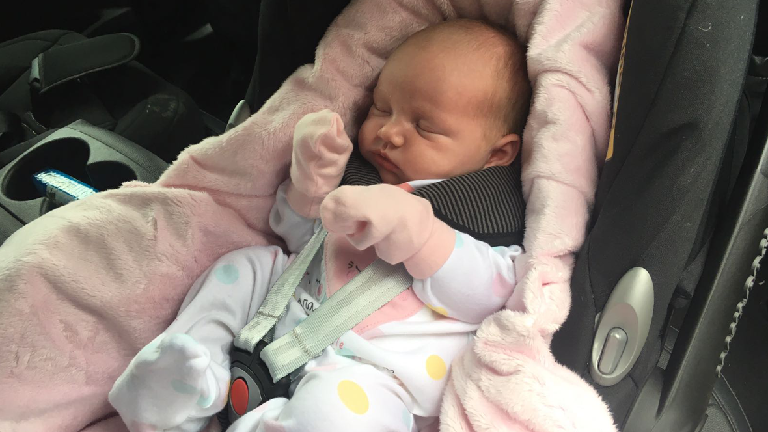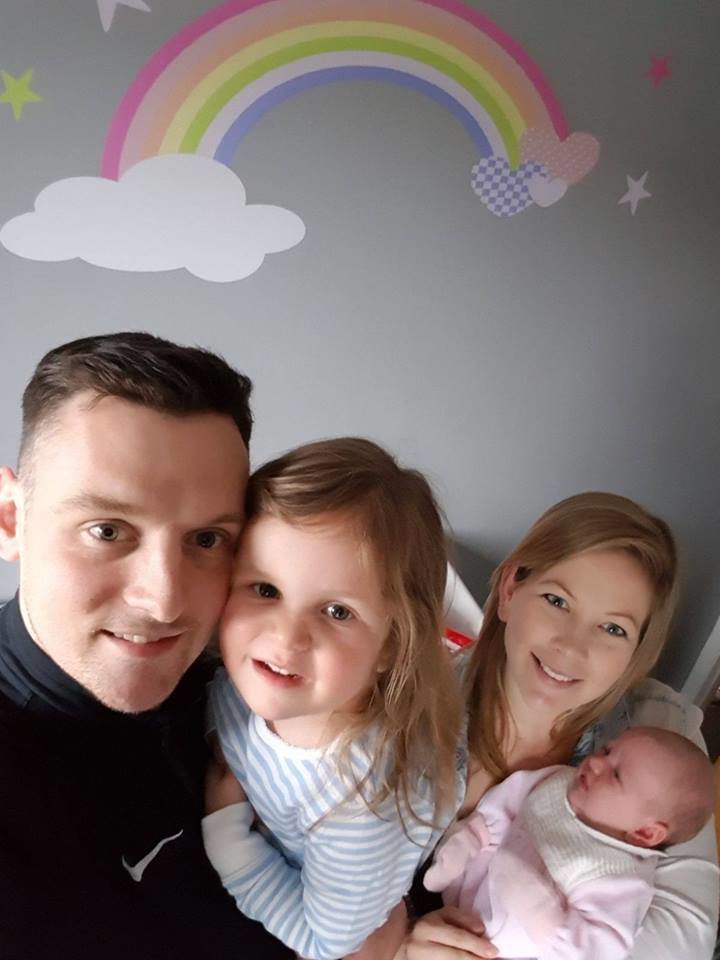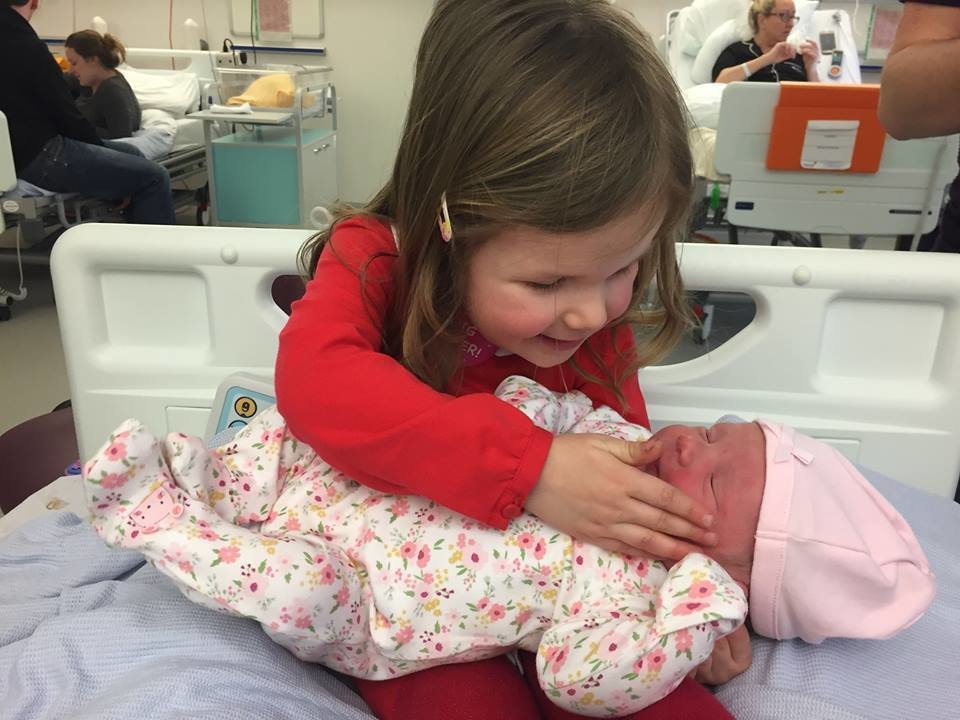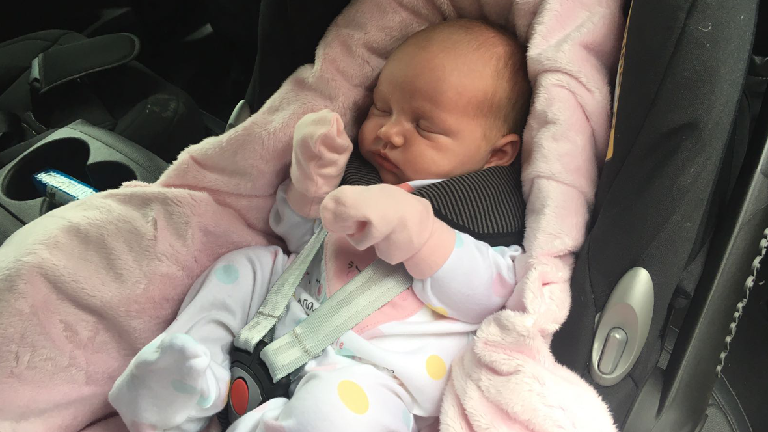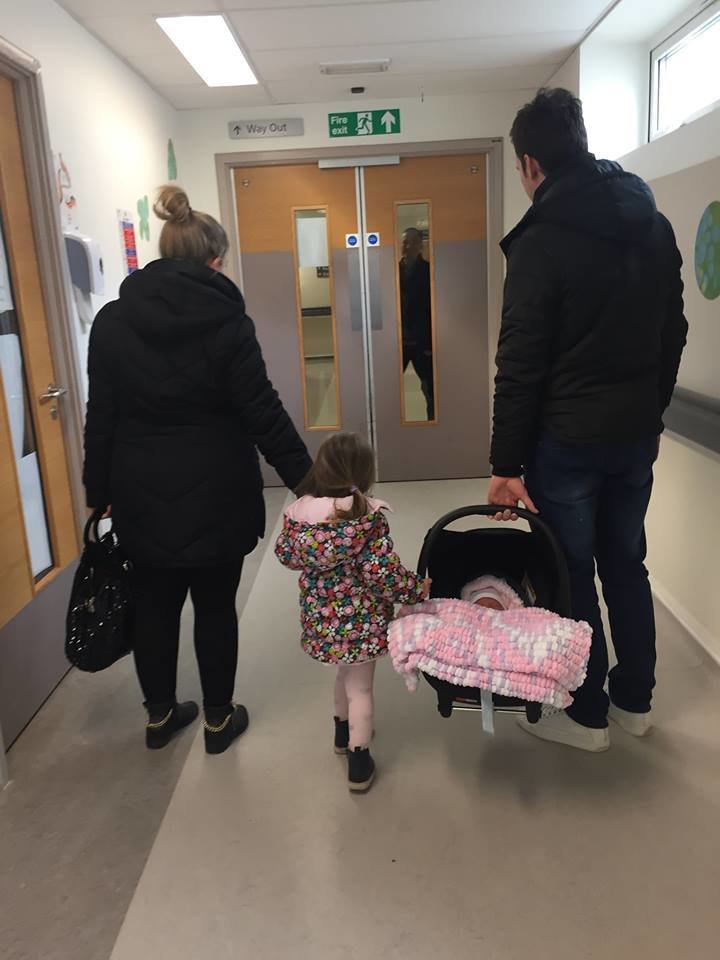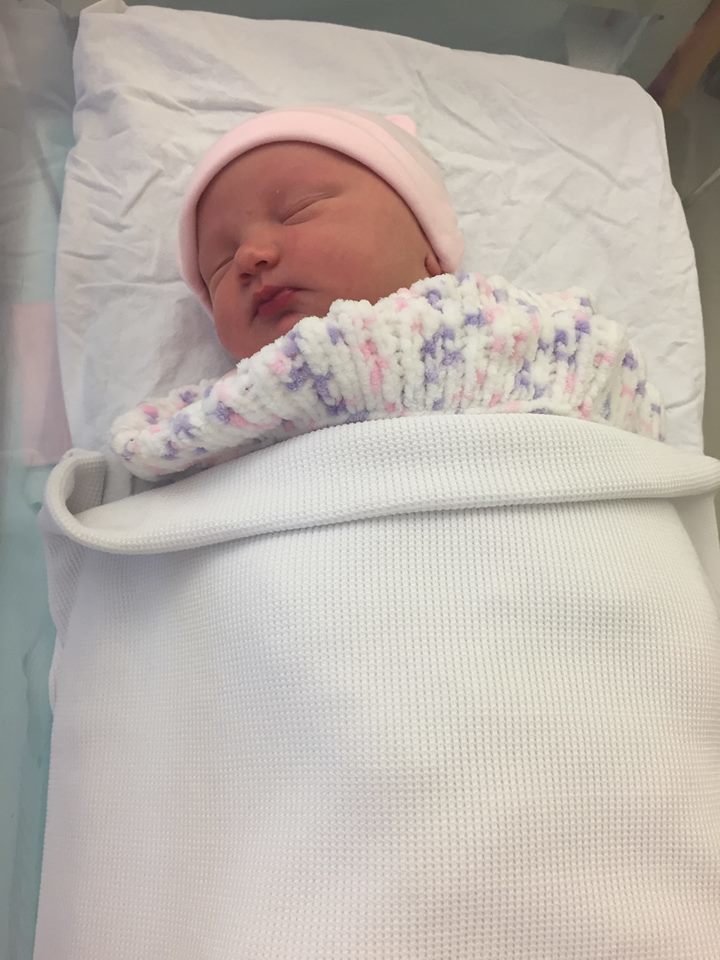It only took the horrified parents five minutes to get their children back in the car and make the short drive to the hospital, but that didn’t feel fast enough. “The car journey was horrendous. I was trying to make sure she was breathing but I was shaking so much I couldn’t tell,” she said. “The whole way there all I could think was ‘we are going to lose her.’” Tests confirmed that Harper is otherwise perfectly healthy and her car seat was ruled completely safe, but doctors warned them that no baby should be in a car seat for longer than an hour or else he or she can suffer from oxygen deprivation. “When the consultant told us it was the car seat I couldn’t believe it. I thought ’there’s no way,’” she said. “I couldn’t understand why nobody had ever told us. We had obviously heard about not keeping babies in car seats overnight because it causes curvature of the spine but not about anything like this.” But even if you have older babies who can stay in a car seat longer, it’s important not to let them continue sleeping in it once you get home. A separate study from the Children’s Hospital Medical Center in Ohio found that the leading cause of death during a baby’s first year is sleep-related — and incorrect use of car seats plays into this. “Car seats should not be used as sleeping areas outside of the vehicle, and children should never be in a car seat with unbuckled or partially buckled straps,” the researchers stated. That’s because babies can slouch down and the restraints can actually cut off oxygen, without the parents’ knowledge that they’re suffering from asphyxiation. “I would tell every parent to just really carefully watch their babies and if they don’t absolutely need to be in the car seat take them out because it is not worth what we had to go through,” she added. “Watch your baby and know your baby. If something doesn’t seem quite right take them straight to hospital.”
